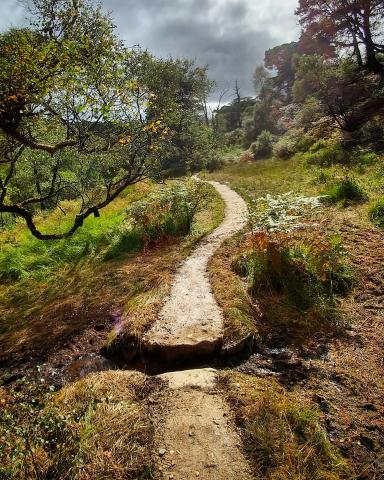Property Managers balance the demands of access, conservation and financial management for large areas of natural and cultural heritage.
They have overall operational responsibility for a property and its contact with the general public. They ensure that the property is managed in a financially responsible way, and that high standards of conservation are achieved.
Working Conditions
Property Managers normally work full-time. Early starts, weekend work, late evenings and working public holidays may be required.
Salary
Salaries vary with experience, qualifications and between companies, but here's a guide to what you can expect.
£23,000
£26,000
Getting started
Relevant qualifications
What experienced workers can do
- Consult and work with the local community
- Produce site management plans
- Identify problems with land use and develop recommendations to improve land use
- Initiate enforcement procedures to protect the environment
- Manage and deal with actual or potential breaches of the law or security
- Lead the work of volunteers
- Negotiate and secure sources of funding
- Produce a business plan
- Research and plan interpretations of landscapes, seascapes and habitats
- Manage projects
- Plan and conduct field surveys.
Personal qualities you should have
- Work in a team
- Work on your own
- Ability to communicate with people at different levels
- Flexibility.
Next steps
With experience and relevant qualifications, it is possible to progress to manage larger estates or one with greater environmental, cultural or historic importance. The career structure will vary depending on the size of the organisation. Any progression is likely to involve moving to another employer.
Useful links
Loch Lomond and the Trossachs National Park
Scottish Environment Protection Agency
